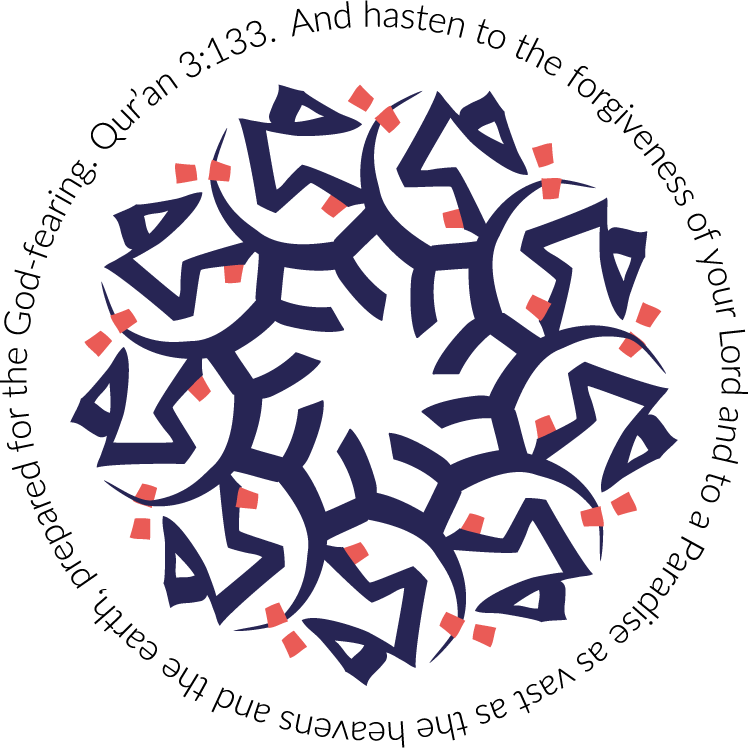Baraka’s Story:
A Legacy of Love and Hope

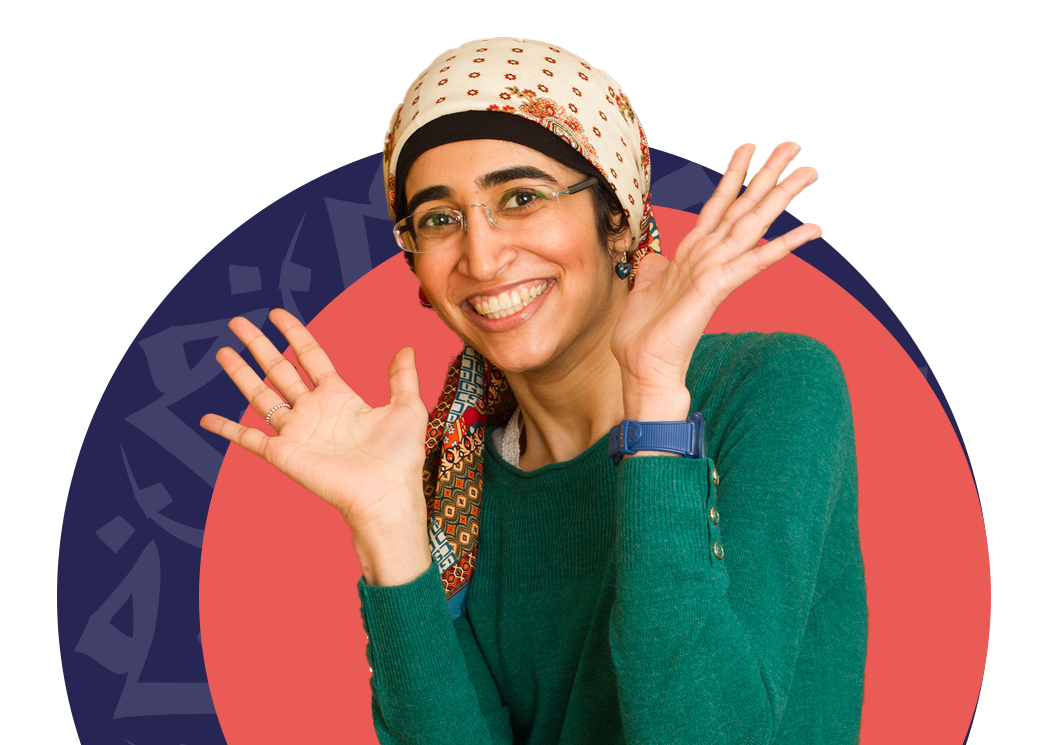
The Blessing in the Name
Baraka means “blessing” in many languages including Arabic, Hebrew, Urdu and Turkish. For Baraka Khan, it proved to be a most fitting name for a young woman, whose exemplary life was short, but whose impact was great. Baraka journeyed on the earth for just 24 short years, but in that time she was deeply loved by her family and friends, and went on to inspire many lives, and leave an extraordinary legacy.
Early Life and Academic Achievements
Baraka was an inquisitive soul, with a passion for learning. She demonstrated her creativity early on, when at the tender age of just three, she planted her mother’s jewellery in the ground, with the hope they would grow into trees producing an endless supply of precious jewellery for her mother. She excelled in her studies; learning algebra by the age of four and achieving 10 A-star grades in her GCSEs and a near perfect score in IB at North London Collegiate. Her natural curiosity fuelled a passion for learning, and she read an eclectic range of books. She was disciplined and organised, always ready with a list of things which needed to be done. She represented the UK at a young age in the YPO (Young Presidents Organisation), where she visited the USA and China in two landmark and hugely impactful trips. Baraka was always seeking Ilm an Naafi’an, beneficial knowledge. She knew that all knowledge comes from the Divine, and she would always recite the Prophetic prayer for knowledge: “Oh my Lord! Benefit me from that which you have taught me and teach me that will benefit me. And increase me in knowledge.”
At the same time Baraka’s prayer was for Fahassin Khuluqui: a beautiful character. Taped over the mirror of her well organised wardrobe was a reminder that our Lord does not look at our exterior appearance, but rather looks at that which is inside us.
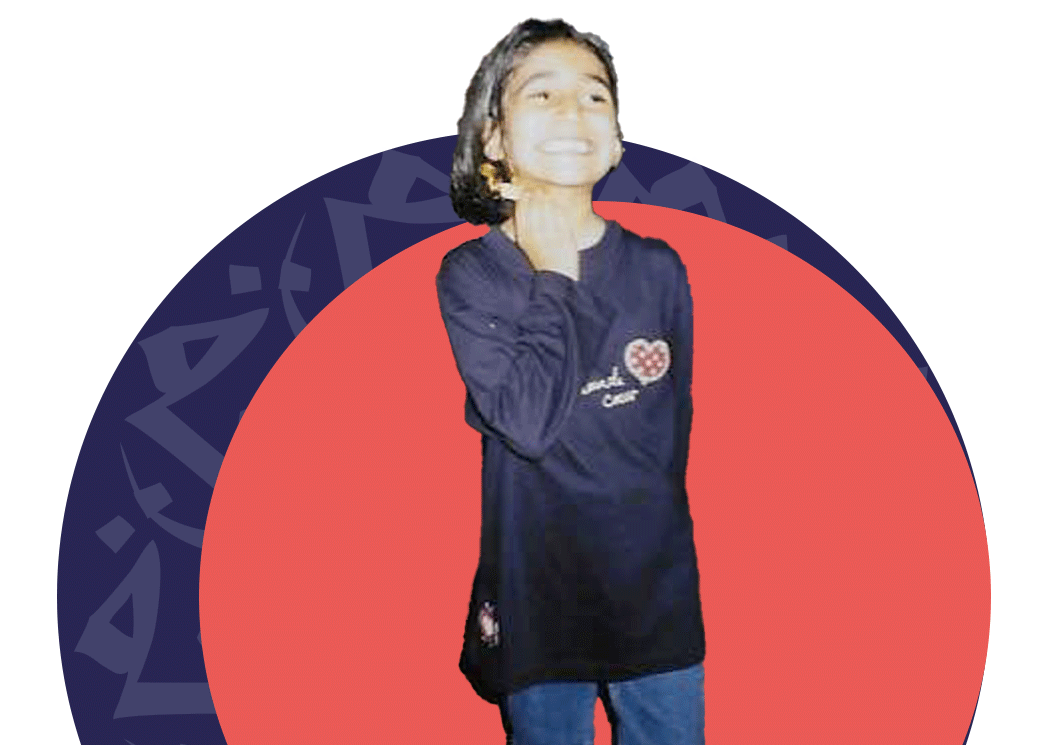
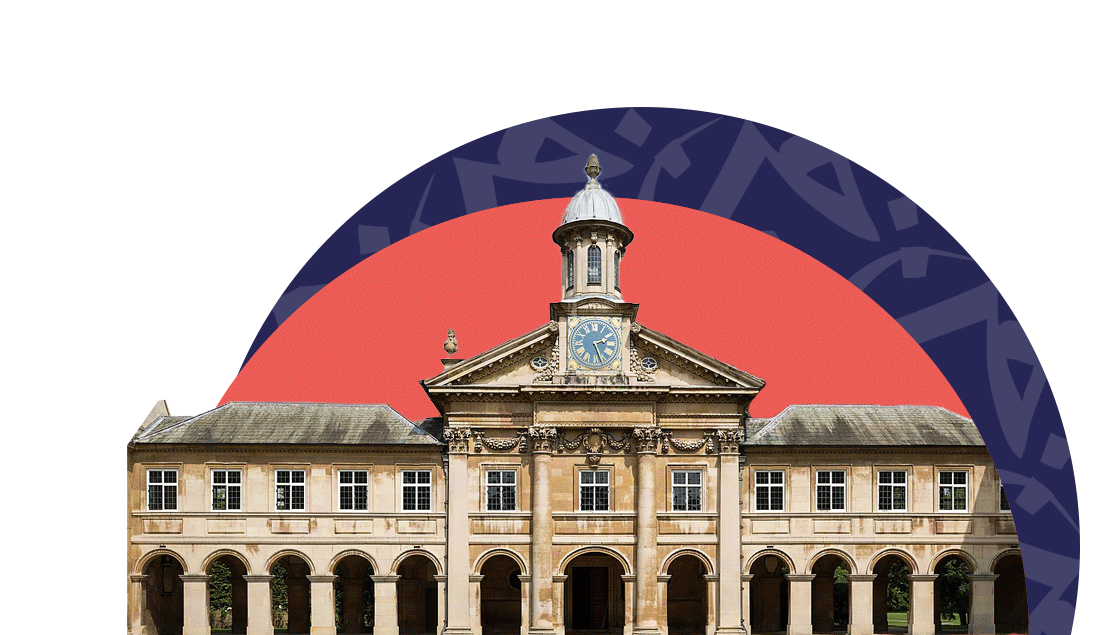
Journey to Cambridge University
Her talents and rigour led to a place at Cambridge University, where she read Politics, Psychology, and Sociology. The interview panel at Emmanuel College was so captivated by Baraka during her entrance exam, that her interviewer Dr Devon Curtis wrote “Must have” beside her name.
At Cambridge her intellect and search for self-actualisation were sustained with endless readings, participation in the Debate Society, book clubs, the Islamic society, and other more physically demanding pursuits were to engage her as well. She took up rowing, a sport not for the faint hearted. Up at dawn, her tall, slender frame, could be found rowing on the river through all weathers. Unknowing of the true health issue which was later to reveal itself, Baraka began to become short of breath. When she could no longer row, she coxed the rowing team. The responsibility of guiding the boat as a cox , amused Baraka, as she had not yet learned to drive! Her mode of transport was her bicycle. However, when her new bike got stolen she responded in true Baraka fashion, “I expect someone had more need of it than I did”, then joked about hoping whoever took it was enjoying and getting lots of use from it. Baraka typically reacted to any situation with the most generous interpretation.
She loved nature and the seasonality which brings new joys and opportunities. Baraka would track the lunar cycles and would regularly welcome the new moon with the Prophetic prayer, “Oh Allah let the new moon come with security and faith, and with peace and Islam.” She would sit reading in the Cambridge college gardens, and would often send a picture of a new flower or tree she had noticed in bloom, or a picture message of the sunrise of the river after a morning out rowing with the team. She was forever connecting with people – sharing something beautiful. She would meet the porters and dons alike with a ready smile, and always took pause to help a friend or a stranger in need of help.
Extra-Curricular Activities and Character
She took up rowing, which is not a sport for the faint-hearted. Up at dawn, her tall, slight frame, could be found on the river through all weathers. Unknowing of the true health issue which was later to reveal itself, Baraka began to become short of breath. She could no longer row, and so she coxed the rowing team. The responsibility of guiding the boat amused Baraka, as she had not yet learned to drive! Her mode of transport was her bicycle. However, someone stole it! In true Baraka fashion she responded, “I expect someone had more need of it than I did”, then joked about hoping whoever took it was enjoying and getting lots of use from it. Baraka typically reacted to any situation with the most generous interpretation! She would sit reading in the Cambridge college gardens, and would often send a picture of a new flower or tree she had noticed in bloom, or a picture message of the sunrise of the river after a morning out rowing with the team. She was forever connecting with people – sharing something beautiful. She would meet the porters and dons alike with a ready smile, and always took pause to help a friend.

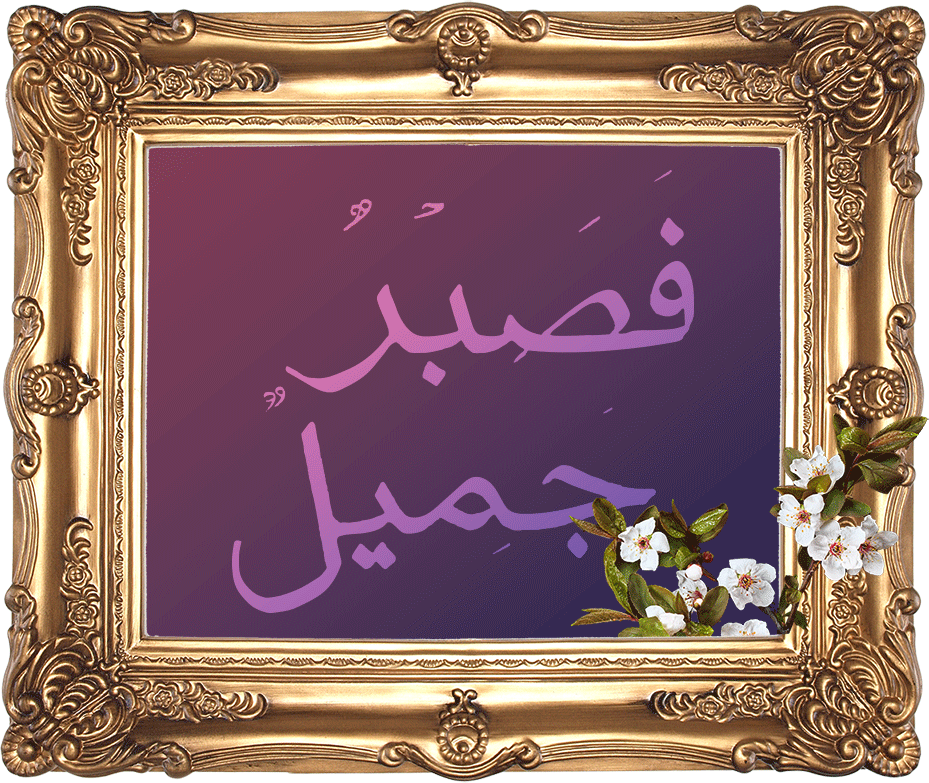
Passion for the Arts
Baraka loved the arts, and poetry. She engaged with these pursuits with the same focus and dedication that she put into every aspect of her life. She was captivated by the art of Arabic Calligraphy, and studied under the Master Calligrapher, Ustadh Moustafa Hassan. Her favourite phrase to pen in Arabic was Sabrun Jamil, meaning “Beautiful Patience” – a reminder that one can overcome any adversity with exquisite patience. She deeply believed in the Quranic injunctions “within every adversity there is ease“ (94:6), and that “God does not put a burden greater than any soul can bear” (2:286).
The Battle with Cancer
These deeply held beliefs and phrases created a mindset which prepared Baraka to face an enormous test after she graduated from Cambridge. Shortly after her 21st birthday, she was diagnosed with Stage 4 cancer in both her lungs. It was inoperable, and incurable. She was given just months to live.
Her mental fortitude and faith never wavered. Baraka knew that her time on this Earth was decreed by God alone. She accepted the diagnosis as Divine Providence and began her journey of looking for the good in this adversity, supported by her loving family and a wonderful group of friends.
Baraka deeply believed that we grow in the image of those whom we love and admire. First and foremost, she greatly admired all the prophets and messengers, from our Adam (AS) to Prophet Muhammad ﷺ. Baraka would follow the spiritual traditions of the Prophet ﷺ and would go into deep meditation. In this calm state, her oxygen saturation levels would increase from the low 80s to the early 90s – much to the astonishment of the nursing and medical staff.
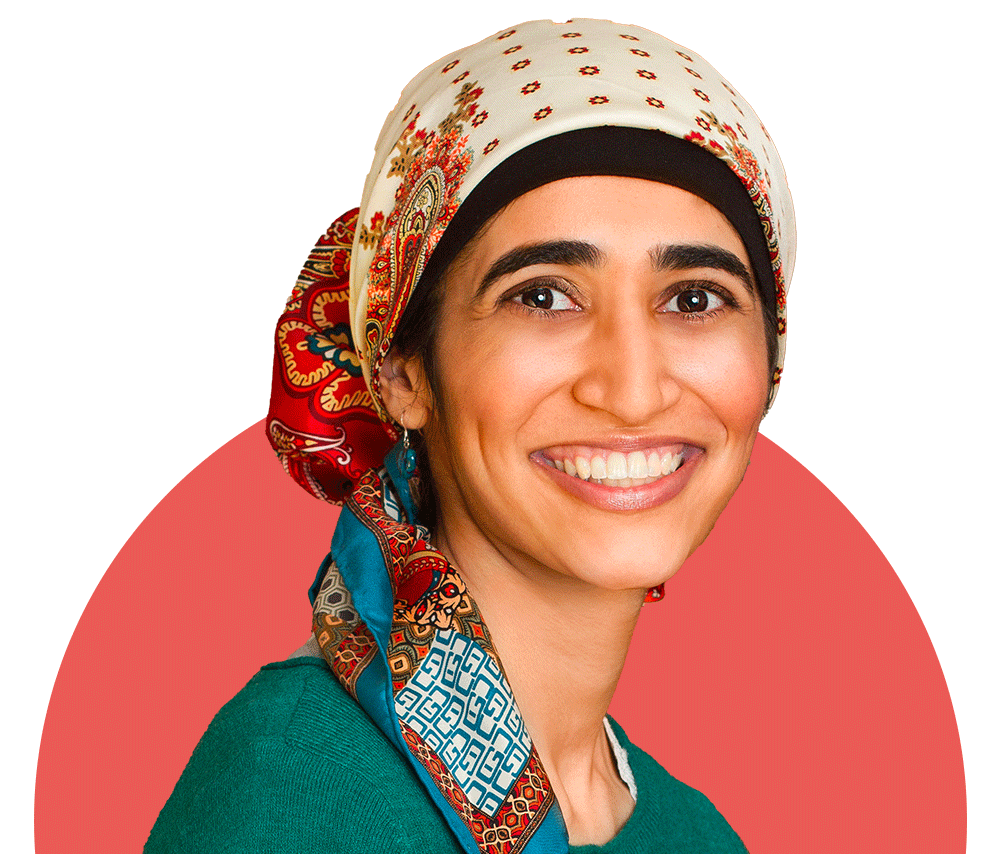

Friendships
Baraka cherished friendships and relationships. These were the things that mattered to her the most. She had so many friends, from all faiths and no faith, and all walks of life.
As she became more unwell, her friends rallied around her by creating a group called ICE – “In Case of Emergency”. Many of them took leave from their jobs, spending days and nights with her in hospital. Today, those remarkable individuals are all around the world, raising beautiful families, and doing incredible things themselves. It’s an amazing network, that’s linked together by Baraka and is just one of her lasting legacies.
The cancer diagnosis made Baraka even more spiritual and deeply reflective of life. She was determined to use her time on Earth for the greater good. Cancer would not stop Baraka from living the change she wanted to see in the world. Her motto was “make every breath count.”
Activism and Philanthropy
Despite the enormous physical strain that cancer wrought on Baraka’s body, she determinedly engaged in sponsored walks to fundraise for causes close to her heart. During her life, she raised over £600,000 for various charitable causes, including Cambridge Central Mosque—Europe’s first eco-friendly mosque, East London Mosque, and Macmillan Cancer Support.


A Sad Farewell
Baraka returned back to her Creator on the 18th of February 2016. She graced this world for 24 years, five months, and twenty-six days. Baraka strove to focus on deeds which were yan faunnas, that which is good for all of mankind. For Baraka, building a mosque was just not an architectural monument but a place open to all, where minds become more creative and solution-driven, where hearts are free of grudges and prejudices, and where souls are awakened. Baraka was fond of saying that once the souls are awakened the skies become the destination.
Baraka saw cancer as a multidimensional challenge – the cancer of the body, the moral cancer of our minds, hearts and soul, and she also talked about the cancer of inequality and injustice.
Her life is a legacy of faith, love and hope that continues to inspire others to follow in her footsteps.
Baraka’s Legacy: The Baraka Khan Foundation
In continuation of Baraka’s vision, The Baraka Khan Foundation is a family-funded initiative established in her honour. It is founded on values close to Baraka: Faith, Excellence, Better World, Compassion, and Inclusiveness. The Foundation’s goal is to empower and unite communities and support cancer patients through research, education, and advocacy.
Since its inception, The Baraka Khan Foundation has funded, amongst other things, the creation of the Baraka Khan Visitor Gallery at London Muslim Centre, “Bring Baraka to Your Coffee Morning” — a partnership with Macmillan Cancer, fundraising for Cambridge central mosque where the women’s section is named after Baraka, annual funding of schools for the most deprived children in Pakistan through the Citizen’s Foundation, and funding a climbing frame in a children’s park in partnership with the Parish of Sarrat, Rickmansworth.
For Baraka, her self-actualisation was using our collective moral and spiritual wisdom to build a better world for all. For her, there was no “them”. It’s all “us”. That’s her lasting legacy.
